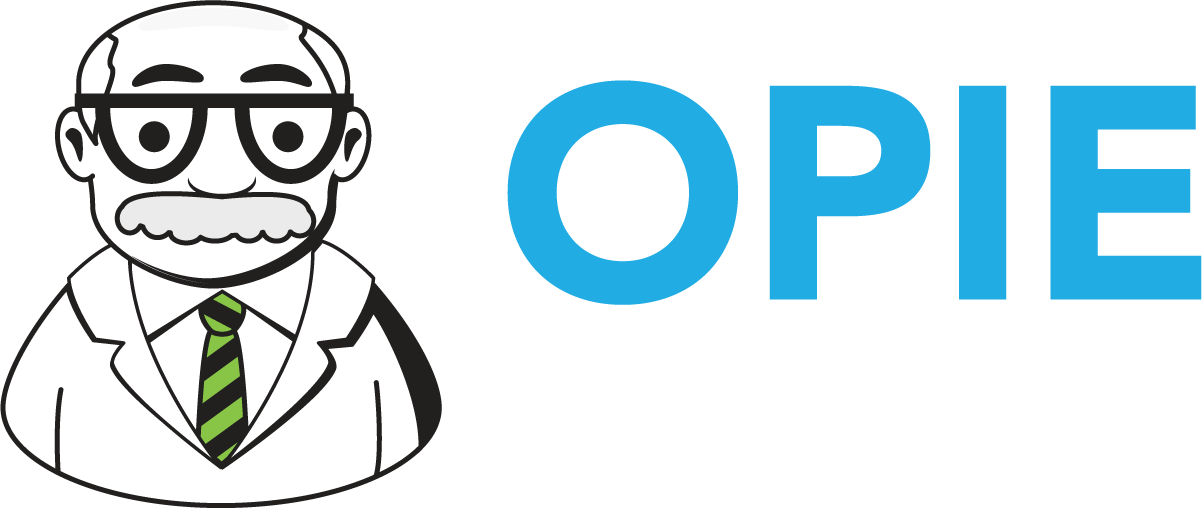Taming the Imposter
Picture this: You've just hired a smart, new clinician, fresh out of school and brimming with potential. Their clinical skills are top-notch, but there's a catch – they're leaving a trail of ruffled feathers among your administrative staff. Sound familiar? If you're nodding your head, you're not alone. This scenario plays out in practices across the country, and it's time we tackled it head-on.
Let's face it – transitioning from student to professional is no walk in the park. Your young clinician is likely grappling with a classic case of imposter syndrome. They're feeling the pressure to prove themselves, and unfortunately, it's manifesting as hostility/authority/disrespect (choose your behavior) toward their administrative colleagues. But that behavior is like throwing sand in the gears of your practice. It creates tension, lowers morale, and ultimately impacts patient care. So, how do we fix this without losing our rising star?
First things first – you need to have a heart-to-heart with your young clinician. But remember, this isn't about pointing fingers. It's about opening a dialogue. Start by acknowledging their clinical skills and the value they bring to the team. Then, gently broach the subject of their interactions with the administrative staff. Let them know that you perceive some tension and let them confirm or deny the same feelings. Based on their response, you will need to adjust your approach, but I will assume they agree with you, at least in words.
Without being accusatory, here's where you can educate your clinician about imposter syndrome. Explain that it's a common experience for new professionals (and even experienced workers in new positions), especially in healthcare. Share your own experiences if you've dealt with it. This normalization can be incredibly relieving for someone struggling with these feelings.
Now it's time to build some bridges. Consider implementing a "walk a mile in their shoes" program where staff members shadow each other for at least half a day and do the work of that person (as permitted). This can be eye-opening for both sides and help build a deeper understanding of the value that role contributes and how essential that job is to the overall mission. As a leader, your primary role is to build some “mini-mes," to create the next wave of leaders. Take your new clinician under your wing. Set up regular mentoring sessions where you can discuss not just clinical skills, but also professional development and interpersonal relationships. Use these sessions to reinforce the importance of respect and teamwork in delivering top-notch patient care. Remember, mentoring isn't just about imparting wisdom – it's about listening and guiding. Ask open-ended questions and really listen to their concerns and challenges.
Finally, it's equally important to set clear expectations for professional behavior. Develop a code of conduct that outlines respectful communication and collaboration. Make sure everyone in the practice understands and agrees to these standards. Remember, in the world of O&P, we're all in this together. From the front desk to the treatment room, every role is crucial in changing lives, one patient at a time. So, let's roll up our sleeves and create a practice culture that reflects the very best of what we do – patient care, expertise, and teamwork.


